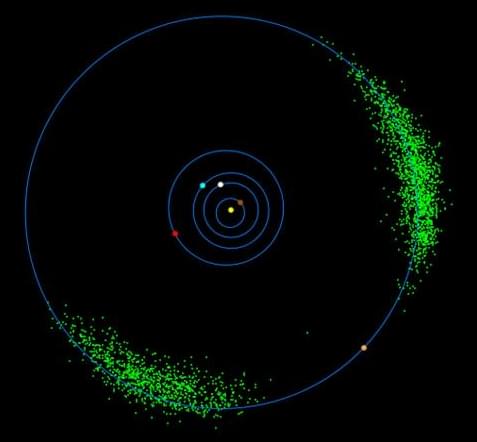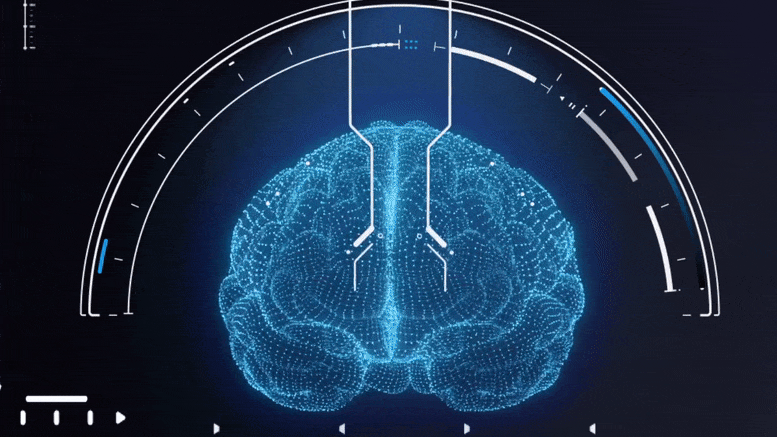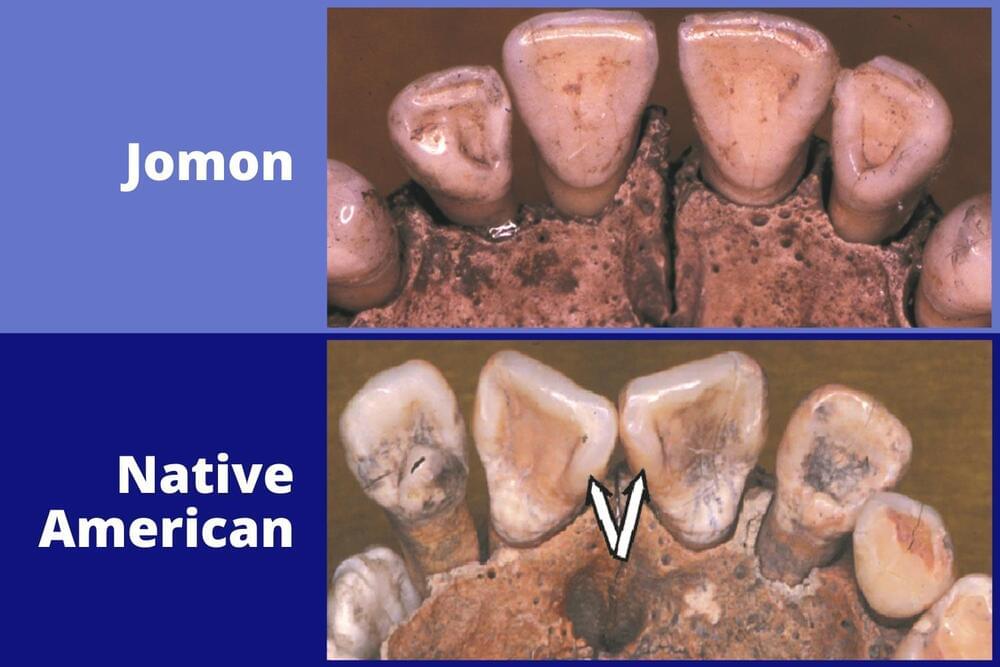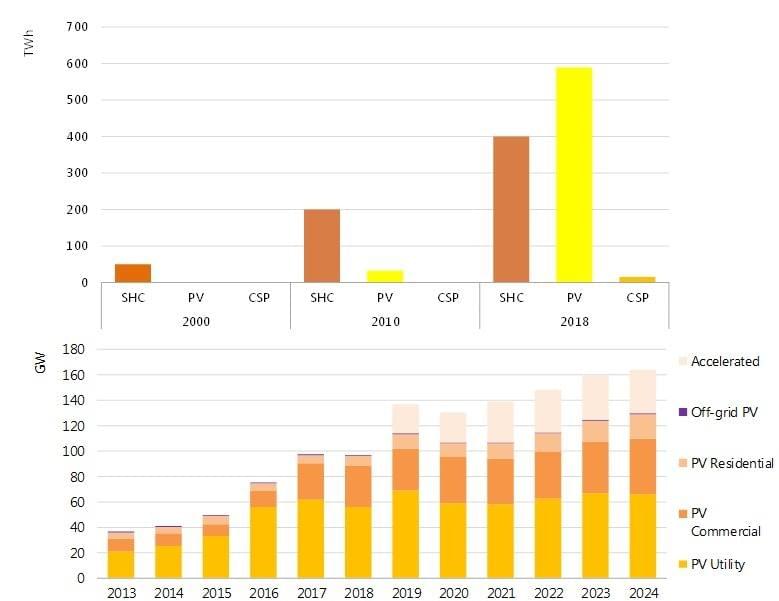NASA has launched the first ever spacecraft to visit Jupiter’s Trojan asteroids.
The Lucy mission successfully blasted off at 5:34 a.m. EDT (9:34 a.m. UCT) this morning on a United Launch Alliance (ULA) Atlas V rocket from Space Launch Complex 41 at Cape Canaveral, Florida. An hour later, it returned its first signal to Earth, sent from its own antenna to NASA’s Deep Space Network. Lucy is now travelling at 108,000 kph (67,000 mph) on a trajectory that will orbit the Sun and bring it back toward Earth in October 2022 for a gravity assist.
Over the next 12 years, it will fly past a total of seven different asteroids – a main belt asteroid, along with six Jupiter Trojans. The latter type are asteroids that share Jupiter’s orbit around the Sun, orbiting either ahead of or behind the gas giant.





